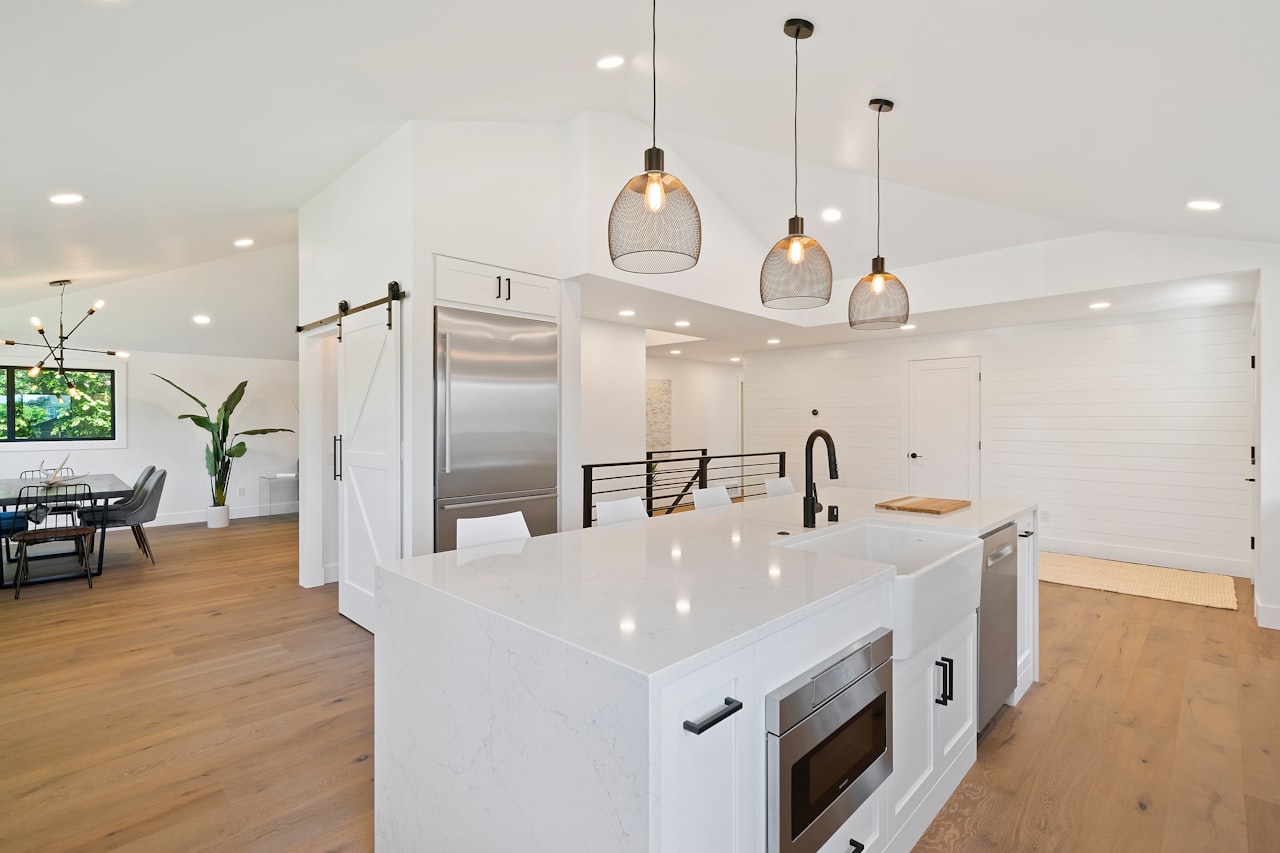Home loans are anything but one-size-fits-all. From conventional loans to jumbo loans to adjustable rate mortgages, and more, borrowers come to the table with diverse needs – and it’s your loan officer’s job to connect you with the right mortgage for your situation. But many people don’t know that there’s a different category of mortgages for condominiums. And navigating that terrain starts with understanding of the legal definition of a condominium.
“A condominium declaration is a legal designation for an individual unit within either a building or complex of buildings,” explains Joe Burke, SVP of Mortgage Lending at Proper Rate. “Not all condos are of the apartment variety. A townhome, for example, can have a condo declaration, and so can a stand-alone or attached single-family house. It’s not about the structure itself, but the legal description of the property.”
Lenders usually deem a condominium purchase to be riskier to finance because the borrower isn’t the only owner. This can result in a different underwriting process for the loan – and even different interest rates.
Higher Risk, Higher Rate
While buying a condominium is rarely a risky purchase from a buyer’s perspective, lenders will nevertheless assign a higher risk profile to this type of real estate for the reasons noted above. And this means that interest rates on condo loans are typically higher compared to single-family home loans. Based on market conditions, the rate premium can range from .25% to 75%. And like most other mortgages, if a buyer is putting less money down, they can expect a slightly higher rate. On a condominium, a down payment of 25% usually provides the buyer with the best mortgage interest rate. Of course, this does not mean you should veer away from a condominium if you only have 5% of 10% to put down. It simply means your cost of borrowing will be a little higher.
Rates are just one consideration when taking on a condo loan. Lenders will also factor monthly homeowners association (HOA) dues, also known as assessments, into the loan qualification process. These fees add to your overall monthly payment, and therefore a lender may approve you for a lower loan amount.
Warrantable vs. Non-warrantable
Lenders also will determine whether a condominium building is ‘warrantable.’ This means that the building must meet specific criteria set forth by Fannie Mae and Freddie Mac, such as no single entity owning more than 10% units and no more than 50% of units acting as rentals.
“Understanding this distinction is crucial as it affects financing options and loan rates,” says Burke. “If these criteria are met, obtaining a loan is straightforward. Challenges may arise, however, when a condo project doesn’t align with these guidelines. That can affect the loan approval process.”
If a condominium is not warrantable, it doesn’t mean that a borrower automatically won’t be able to get a mortgage. But certain lenders will not participate in the non-warrantable condo market, and if they do, borrowers can again expect a higher interest rate due to the increased risk of lending.
According to Burke, it is very important for condominium buyers to work from the very start of their search with a mortgage professional, real estate agent and attorney who are all experienced in condo transactions.
“Buyers can get far down the road with a team that doesn’t have experience in this area, and then issues come up – like non-warrantability – and things can unravel quickly,,” says Burke.
It’s important to review all condominium association financial statements and budgets, especially the reserves allocated for future maintenance and improvements, says Burke. Your lender will need to know the building has enough funds to run the operations smoothly and pay for necessary maintenance and repairs.


































































































